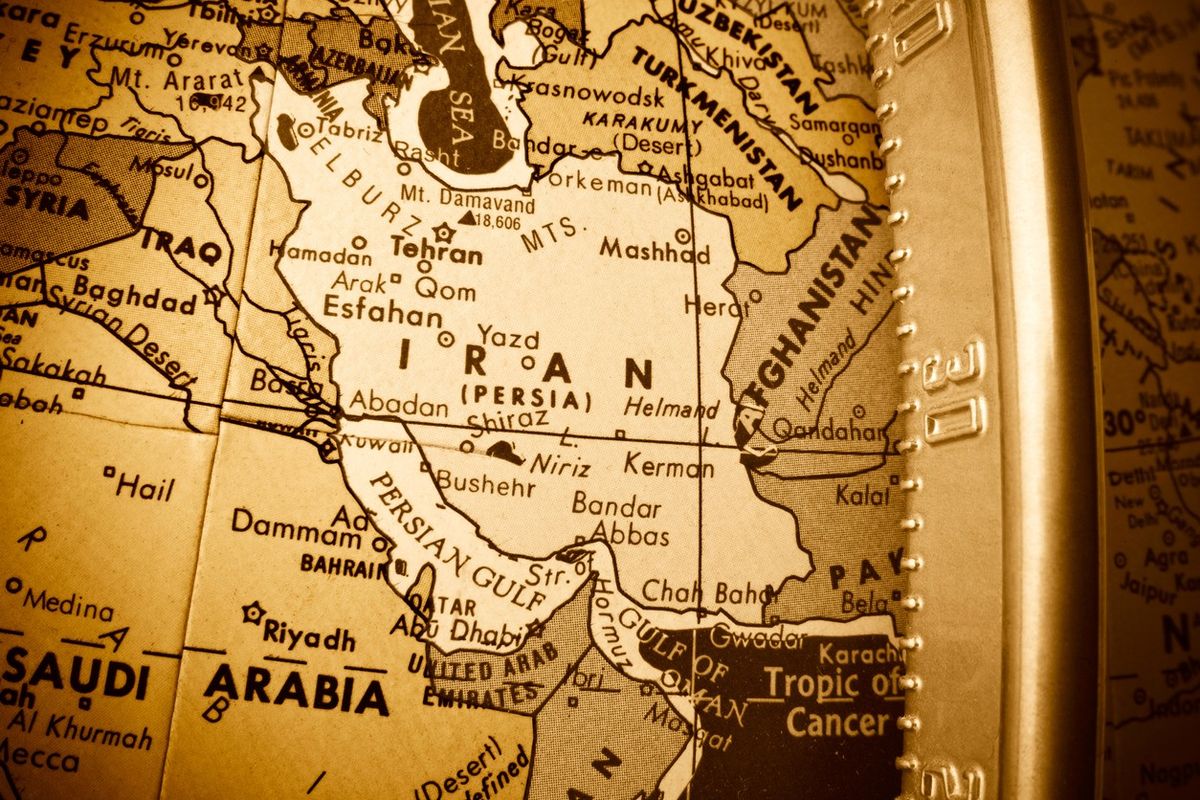Designated by the United States as a terrorist group in 1997, Hezbollah is a Shia extremist organization and political party based in Lebanon that wears many faces. Today, with its outspoken ambitions of destroying Israel, staunch military support for Syrian President Bashar al-Assad throughout the Syrian civil war, and status as a proxy group in the broader power struggle between Iran and Saudi Arabia, Hezbollah has positioned itself at the crux of several conflicts in the Middle East.
“Once limited to jockeying for political power in Lebanon and fighting Israel, the group is now a regional player engaged in conflicts far beyond its historical area of operations, often in cooperation with Iran,” explains Matt Levitt, Cipher Brief expert and former Deputy Assistant Secretary for Intelligence and Analysis at the U.S. Treasury Department.
Hezbollah formed a name for itself over the years by clashing with Israel on several occasions, culminating in its self-declared “victory” during the 2006 Israel-Hezbollah war along the Israeli-Lebanese border. In fact, despite its Shia religious affiliation, many in the Middle East subsequently viewed Hezbollah as a champion anti-Israel force.
Since its formation in the 1980s, Hezbollah has gradually taken control over southern Lebanon and has also achieved considerable political clout within the Lebanese national government in Beirut. Some, including Levitt, go as far as to say that Hezbollah has been the “de facto ruling party in Lebanon” since 2011.
More recently, however, public sentiment towards Hezbollah throughout the Middle East has taken a sharp divergence, particularly as the group’s close ties with its longstanding allies, Iran and President Assad, threaten the interests of several Sunni Arab states.
“Hezbollah’s standing in the majority Sunni Arab and Muslim world, once high because of its battles with Israel, has fallen precipitously now that it is associated with Iran as a Shia threat,” writes Steven Ward, Cipher Brief expert and former senior CIA Analyst.
There are also signs that Hezbollah’s military and financial standing have taken a steep hit. The Syrian civil war has drained Hezbollah’s resources and membership. Since the war began in 2011, Hezbollah has lost between 1,000-1,500 fighters, including the group’s top military commander Mustafa Badreddine this May.
Further, in March, the Gulf Cooperation Council (GCC) and the 22-member Arab League officially designated Hezbollah as a terrorist group, further ostracizing the organization from its neighbors.
Yet despite these challenges, the threat posed by Hezbollah remains squarely on the radar of both Israeli and American officials.
A portion of the windfall of cash received by Iran vis-à-vis the nuclear agreement is expected to be transferred to Hezbollah, along with increasingly sophisticated weaponry that Iran is now able to purchase. Last year, Israeli officials estimated that Hezbollah possessed an arsenal of approximately 150,000 rockets, many of which are capable of reaching highly populated cities in northern Israel.
Additionally, according to Levitt, the group is “involved in the highest amount of criminal activity amongst terrorist groups,” and has carved out a footprint in South American illicit networks to further fill its coffers.
As part of the attempt to strangle Hezbollah’s finances, the U.S. government and Treasury Department have imposed strict sanctions on Hezbollah. In addition to Executive Order 13224, which sanctions individuals who are engaged in or support terrorism, the Hezbollah International Financial Acts of 2014 and 2015 expand sanctions to institutions or other entities that conduct business with Hezbollah.
The sanctions seem to be effective. “After many years of sanctions targeting Hezbollah, today the group is in its worst financial shape in decades,” said Adam Szubin, Acting Under Secretary for Terrorism and Financial Intelligence at the Treasury Department, during a congressional testimony in May. “And I can assure you that alongside our international partners, we are working hard to put them out of business.”
Overtures have also been made to the European Union to designate Hezbollah a terrorist group and help formulate an international sanctions regime that targets Hezbollah. Hezbollah’s supporters openly collect funds in countries such as Germany, where Hezbollah’s political branch has yet to be outlawed.
Nonetheless, Hezbollah remains a formidable fighting force. Of particular concern is the fact that many of its troops, despite losses, have acquired substantial battlefield experience in Syria and and will pose a grave threat to Israeli security and U.S. interests in the region for the foreseeable future.
Bennett Seftel is the Deputy Director of Editorial at The Cipher Brief.














